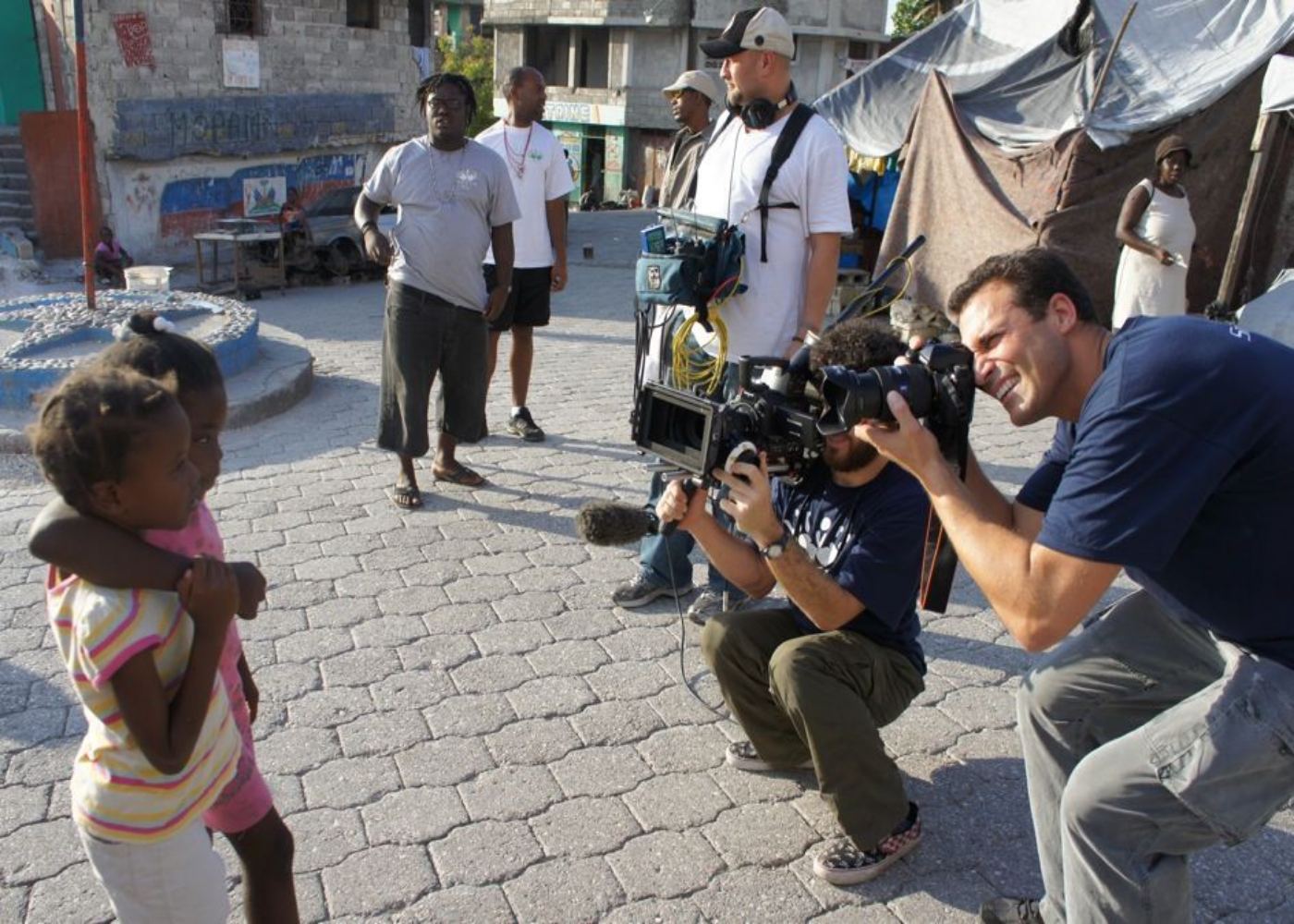A documentary film, when executed correctly, can give an
exceptional insight into the various human conditions and a lot more. So just
like any other piece of media, making a documentary has many rules to observe
to become successful.
Listed below are some special rules of a documentary that
filmmakers follow:
1. Get a newsworthy content
A documentary film is excellent for uncovering a subject matter
which has previously been unreported. These could be subjects that were
previously seen on the news but not given serious attention.
Many controversial topics are quickly forgotten and often not
investigated further to present the entire story behind them. These topics can be
the perfect subjects for a documentary film.
Old news dies fast as it seems nowadays. This reason is why a
thoroughly researched, well-directed, and expertly made documentary could hold
the power of bringing a subject matter back into the light of the mainstream
media, making it relevant, and thus serving a power. Creating a great
documentary that builds both media and audience buzz could require extensive
research. It can be a hefty project to work on, but it could also create a big
impact that could make history.
2. Presenting easily digestible information
One of the most memorable and unexpected documentaries ever made
was the deep and insightful story titled “Shark Bait,” a documentary about
sharks and the shark fin soup industry. It was investigated and narrated by 7
Michelin star Chef Gordon Ramsay. This documentary brought the plight of the
shark to the fore of conservation discourse and made relevant authorities
around the world act to save the shark from endangerment and possible
extinction.
The critical facts in this documentary are presented in the
first 10 minutes of the film.
- Thousands of sharks are killed for their fins yearly.
- Sharks are
caught and inhumanely killed for one dish – Sharkfin soup.
- Shark fins and shark fin soup are expensive.
- Ramsay investigates and confronts people behind the global trade of shark fins.
Presenting critical information in the early part of the film is a good investment. The rule here is to ensure that you’re giving the audience vital details as early as possible, so they can identify the issue that will draw them in. Let the audience know the where, why, and what of the story. You can then follow it up with the historical context to create motive and move into presenting the odds: what’s at play, and who is in danger.

3. Let your characters tell the story
An excellent interviewing technique can make a significant
difference when it comes to storytelling. As a filmmaker, the story is not
about “you,” it’s about your subject. What the audience cares about is what
happened, who was affected, and who are the characters involved.
If you research your interviewees correctly, they will be
unique, engaging, and vital to the story. A good documentary film doesn’t need
its filmmaker to tell the story. Its subject should do that for them. You can
decide which character type you would like your subject to portray.
But unlike other kinds of films, the characterization of your subject should be
close to, if not the actual reality itself.
When the characters tell the story, they will drive the
narrative forward. They should be on the center stage because they were the
ones who were there. They were affected, and more importantly, they are the ones
who the audience will trust.
4. Show empathy
Many fictitious films tend to set aside morals for the sake of
professional investment and money. If a filmmaker is solely invested in making
money, then there would be a tendency to lack in earnest exploration into
the real struggles of humanity.
As a documentary filmmaker, it is vital to see the human
struggle and understand what makes them open and reflective. When you’re
commenting with the camera or asking a question to an interviewee, try to
empathize as best as you can. Try to put yourself in that person’s shoes and
understand how they feel. If you possess this understanding, you’ll have the
courage to dive deeper into your work. Throughout the process, you must reflect
on why your film is essential and what your message is.
5. Try to be unique
If you want your documentary to deliver an impactful message,
then try to tackle something that hasn’t been talked about before. Many people
have a lot of beautiful stories to tell. With so much potential on many
subjects, recycling an issue that was discussed many times is not a great
option.
However, if you’re passionate about a particular subject that
did have similar presentations, try putting the story in a different light, a
different angle, maybe from the eyes of an 80-year-old or an 8-year-old. Take
advantage of the wide options and almost non-existent restrictions a
documentary can offer.
For more information on Movies, Cinema, Lifestyle, Content and
Corporate Video Production; you can always trust Film District Dubai. We create
inspiring content that works for Consumer and Luxury brands, Property &
Construction, Travel & Hospitality, Food & Beverages, and Sports.







